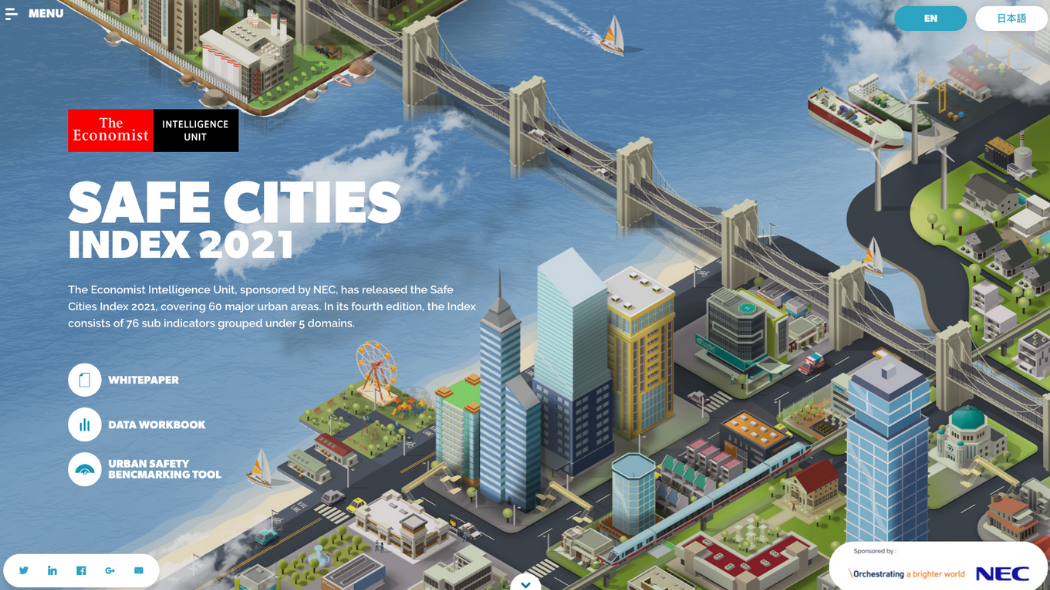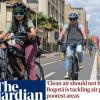According to the most recent results of the Safe Cities Index (SCI), published in the English magazine The Economist, Bogotá has been ranked fourth world-wide in environmental safety. The SCI is a global, policy benchmarking tool that measures various different factors across a broad spectrum to determine personal safety, infrastructure, health, digital and environmental security.
The two main criteria for the environmental safety category took into account factors such as sustainability plans, incentives for renewable energy, green economy initiatives, waste generation and management, energy efficiency, water treatment, air quality and urban forest cover.
What is environmental safety?
Environmental safety refers to the way in which cities are prepared to face various environmental risks and protect themselves from any such consequences.
This concept has become a cornerstone in the development of cities, countries, companies and society in general. Naturally, it was included as a staple in The Economist's SCI.
The City Safety Index, as a novelty, tweaked the grading curve to be measured out of one hundred. Here are the top five finalists in this category: Wellington comes in at first place (91.7); with Toronto a close second (90.3); third goes to Washington DC (87.6); Bogotá follows closely (85.5); and Milan chases the pack (84.9).
The article mentioned that achieving carbon neutrality is becoming a point of growing interest of int he development of cities. It should be said that in April of this year, Bogotá presented the Climate Action Plan (PAC), a roadmap to help meet the goals of mitigation and adaptation to climate change.
In this order of ideas, the city has ambitiously planned to reduce greenhouse gas emissions by 15% and 50% by 2014 and 2030, respectively. By 2050, the city hopes to reach carbon neutrality and fortify resilience to current changes and outcomes in our climate.
The PAC is also joined by the Strategic Plan for the Comprehensive Management of Air Quality of Bogotá 2030, in which the city hopes to table a step-by-step action plan to improve air-quality and protect the health of its citizens.







